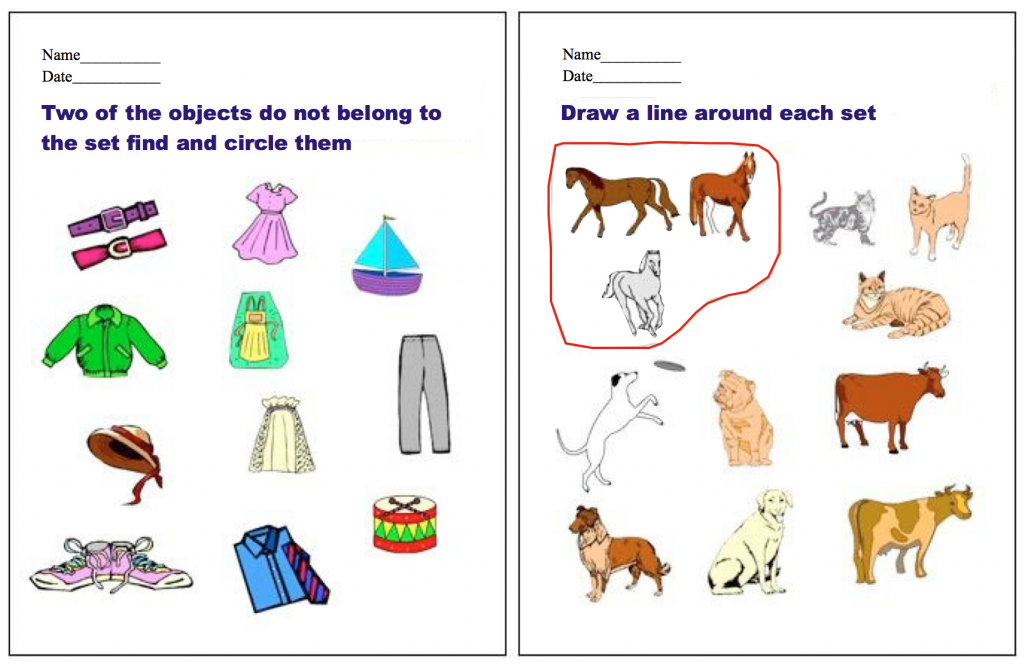IAS Talk by Alba Amilburu
Centro Carlos Santamaría B14, 13th May, 11:15
It is said (Boyd 1991, Reydon 2010) that the notion of ‘natural kind’ plays an important role in philosophy of science for understanding grouping practices, what science is and how it works because it allows and facilitates a comparison of different classificatory strategies. In order to investigate the contribution of this philosophical concept, we need first to clarify what makes a kind natural. In this paper I argue that the notion of “natural kind” is ambiguous: a fundamental disagreement concerns how philosophers understand the ideas of “natural”, “real” and “objective”. Thus, a meta-theoretical analysis –i.e., an interpretation of the different theoretical accounts of natural kinds that conform the current debate– is a necessary step to clarify the uses and meanings of the “natural kind” concept.
I argue that this analysis explains in what sense the notion of “natural kind” is ambiguous, and it serves as a useful tool for understanding the relations, controversies, peculiarities and differences among theoretical approaches in the current philosophical discussion on grouping strategies and concepts.
IAS Talk by Alba Amilburu
Centro Carlos Santamaría B14, 13th May, 11:15
It is said (Boyd 1991, Reydon 2010) that the notion of ‘natural kind’ plays an important role in philosophy of science for understanding grouping practices, what science is and how it works because it allows and facilitates a comparison of different classificatory strategies. In order to investigate the contribution of this philosophical concept, we need first to clarify what makes a kind natural. In this paper I argue that the notion of “natural kind” is ambiguous: a fundamental disagreement concerns how philosophers understand the ideas of “natural”, “real” and “objective”. Thus, a meta-theoretical analysis –i.e., an interpretation of the different theoretical accounts of natural kinds that conform the current debate– is a necessary step to clarify the uses and meanings of the “natural kind” concept.
I argue that this analysis explains in what sense the notion of “natural kind” is ambiguous, and it serves as a useful tool for understanding the relations, controversies, peculiarities and differences among theoretical approaches in the current philosophical discussion on grouping strategies and concepts.
IAS Talk by Alba Amilburu
Centro Carlos Santamaría B14, 13th May, 11:15
It is said (Boyd 1991, Reydon 2010) that the notion of ‘natural kind’ plays an important role in philosophy of science for understanding grouping practices, what science is and how it works because it allows and facilitates a comparison of different classificatory strategies. In order to investigate the contribution of this philosophical concept, we need first to clarify what makes a kind natural. In this paper I argue that the notion of “natural kind” is ambiguous: a fundamental disagreement concerns how philosophers understand the ideas of “natural”, “real” and “objective”. Thus, a meta-theoretical analysis –i.e., an interpretation of the different theoretical accounts of natural kinds that conform the current debate– is a necessary step to clarify the uses and meanings of the “natural kind” concept.
I argue that this analysis explains in what sense the notion of “natural kind” is ambiguous, and it serves as a useful tool for understanding the relations, controversies, peculiarities and differences among theoretical approaches in the current philosophical discussion on grouping strategies and concepts.

